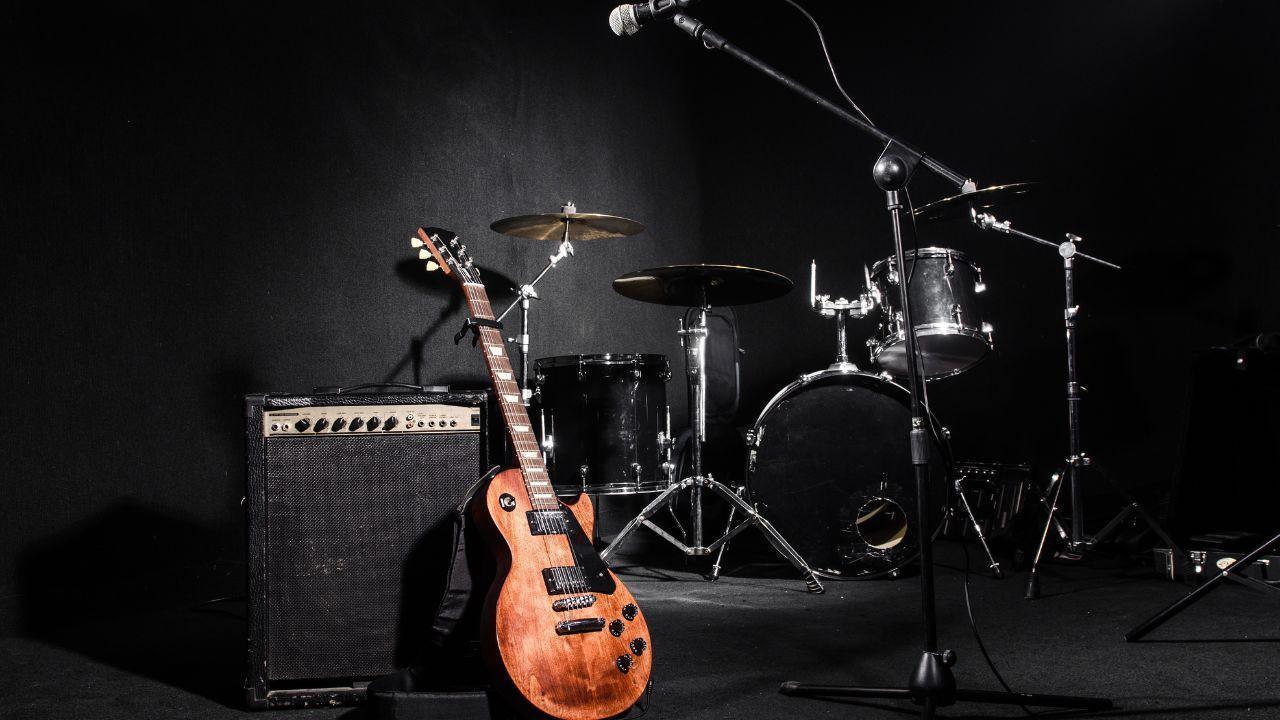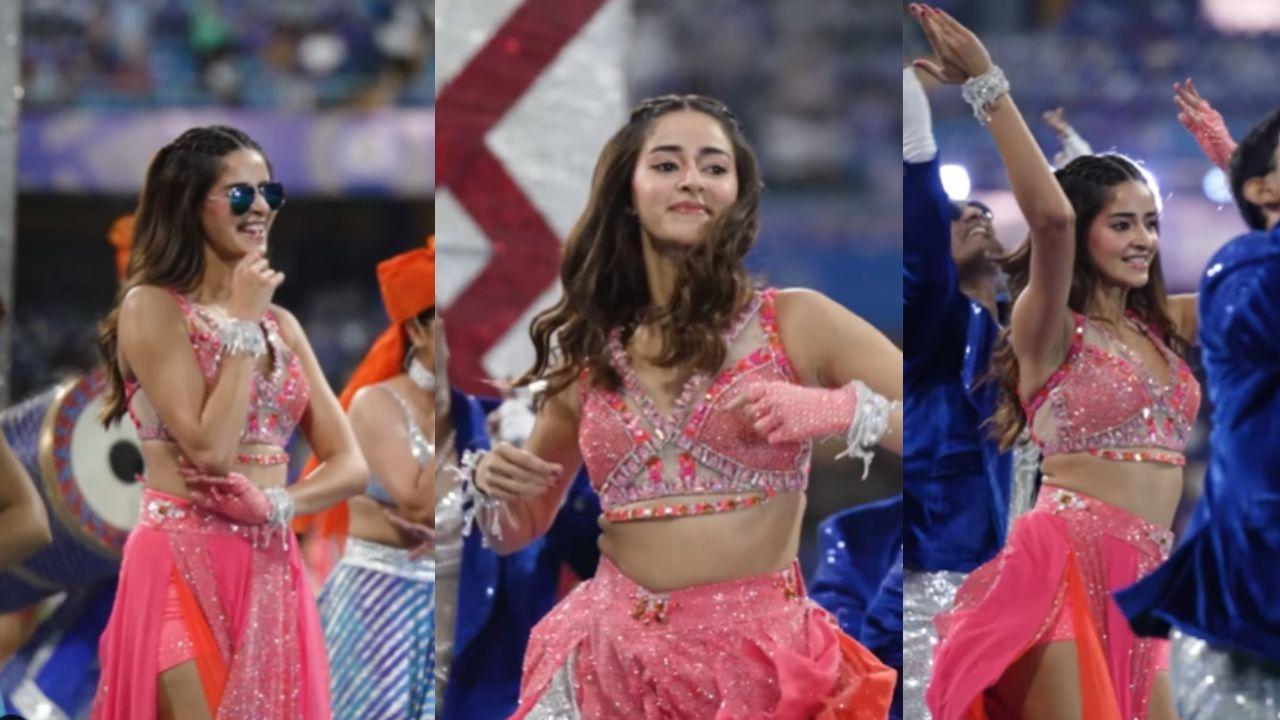
Post by: Vansh Kumar
Music has always been a reflection of culture, emotions, and societal trends. Over the years, how music genres changed has been nothing short of remarkable. From clear, distinct categories like rock, jazz, and classical to the melting pot of styles we see today, the evolution of music tells a story of creativity and innovation. This shift from rigid genre definitions to a more fluid and diverse musical landscape has reshaped how we listen to, create, and share music.
In the early days of recorded music, genres were clearly defined. Each type of music served a distinct audience, and the lines between them were rarely crossed. Jazz, for example, was rooted in African American communities and was known for its improvisational brilliance. Classical music, with its rich orchestral arrangements, appealed to more traditional and formal audiences. Similarly, rock 'n' roll, born in the 1950s, introduced a rebellious energy that resonated with youth culture. These genres had specific characteristics, instruments, and styles that made them easily recognizable.
As the music industry expanded and cultures began to blend, so did musical styles. The 1960s and 1970s saw a wave of experimentation where artists began to draw inspiration from multiple genres. For example, The Beatles infused elements of Indian classical music into their rock albums, while jazz musicians like Miles Davis incorporated funk and rock into their work. This period marked the beginning of genre fluidity, where the boundaries that once separated styles began to blur. How music genres changed during this time was a testament to artists' desire to innovate and push creative boundaries.
The advent of digital technology in the 1980s and 1990s transformed the way music was produced and consumed. Synthesizers, drum machines, and samplers allowed artists to experiment with sounds that were previously impossible. This era gave birth to genres like electronic dance music (EDM), hip-hop, and techno, which combined elements from multiple styles. The internet further accelerated this evolution by making music from around the world accessible to everyone. Suddenly, artists could incorporate global influences into their work, creating hybrid genres like reggaeton, Afrobeat, and K-pop. The digital revolution demonstrated that music could no longer be confined to traditional labels.
Streaming platforms like Spotify, Apple Music, and YouTube have played a significant role in how music genres changed. These platforms don’t just categorize music into neat genres; they create personalized playlists based on listeners' preferences. This means audiences are exposed to a mix of styles and artists they might not have discovered otherwise. For instance, a playlist labeled “Chill Vibes” might include lo-fi hip-hop, acoustic folk, and ambient electronic tracks all in one place. This approach has not only broadened listeners’ horizons but also encouraged artists to experiment with new sounds, knowing their work can reach diverse audiences.
Today, music is less about fitting into a specific genre and more about personal expression. Artists like Billie Eilish, who blends pop, electronic, and indie elements, or BTS, who mix K-pop with hip-hop and R&B, are prime examples of this trend. Listeners are more interested in how music makes them feel than whether it fits a particular label. As a result, genres have become less of a constraint and more of a starting point for creativity.
This shift has also opened doors for niche styles to thrive. Subgenres like vaporwave, synthwave, and hyperpop have gained dedicated followings thanks to the internet. These unique styles often defy traditional categorization, proving that the evolution of music is an ongoing process.
This article explores the fascinating journey of how music genres have evolved over time. Initially, genres like jazz, rock, and classical were clearly defined and served specific audiences. Over the decades, however, cross-genre influences, technological advancements, and the rise of digital platforms blurred these boundaries, leading to hybrid and niche styles. Today, music is less about fitting into predefined categories and more about personal expression and creativity. The evolution of music genres reflects cultural diversity and the limitless potential of human imagination, offering listeners a vibrant and ever-changing soundscape.
This article is published by DXB News Network for informational purposes only. The views expressed are those of the author and do not necessarily reflect the editorial stance of DXB News Network. For specific insights or professional advice related to music, please consult industry experts.
#trending #latest #MusicEvolution #MusicGenres #UniqueStyles #MusicHistory #GenreBlending #MusicInnovation #CulturalDiversity #StreamingPlatforms #CreativeMusic #GlobalSounds #breakingnews #worldnews #headlines #topstories #globalUpdate #dxbnewsnetwork #dxbnews #dxbdnn #dxbnewsnetworkdnn #bestnewschanneldubai #bestnewschannelUAE #bestnewschannelabudhabi #bestnewschannelajman #bestnewschannelofdubai #popularnewschanneldubai

Despite legal concerns, Trump's order keeps TikTok running, and no one is challenging it. Here’s why....Read More.

Fawad Khan makes his Bollywood comeback in Abir Gulaal with Vaani Kapoor. The romantic drama releases on May 9, 2025. Watch the teaser now...Read More.














UAE Wins 16 Medals at Special Olympics World Winter Games 2025
UAE athletes shine at Special Olympics Winter Games 2025, winning 16 medals. A proud moment for incl

Meta’s AI Research Head Joelle Pineau to Step Down in May
Joelle Pineau, Meta’s VP for AI research, will step down in May after 8 years. She led Meta’s open-s

Real Madrid Edge Real Sociedad in 4-4 Thriller to Reach Final
Real Madrid fought back from 4-2 down to draw 4-4 with Real Sociedad sealing a 5-4 aggregate win. Ru

Nottingham Forest Near Champions League After Elanga’s Goal
Anthony Elanga’s stunning solo goal secured Nottingham Forest’s 1-0 win over Man United, pushing the

Ananya Panday Shines at IPL 2025 with Stunning Dance Performance
Bollywood star Ananya Panday dazzled the crowd at Wankhede Stadium with her energetic dance before M